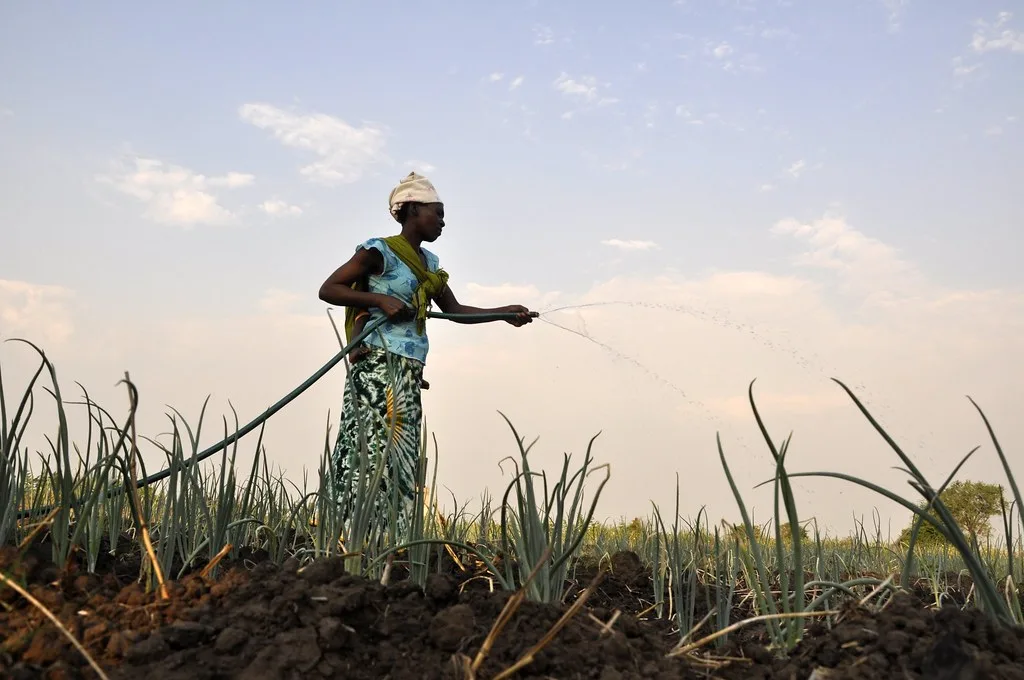In celebration of Women’s Month, we take a look at the role of women in agriculture …
We know that when women are active participants of the agricultural economy, the benefits extend way beyond their own livelihoods. Women in farming help to improve the lives of their families and communities too. Studies have found that addressing some of the constraints to women’s economic empowerment (particularly in rural Africa) have higher returns on investments for the family, economy and society as a whole. For example, an increase of $10 (R172) to a woman’s income achieves the same improvements to children’s health and nutrition as a $110 (R1891) increase in a man’s income.
But women are still under-represented in agricultural ownership and management. Although women reportedly make up about 60% to 80% of smallholder farmers in sub-Saharan Africa, they comprise only 15% to 20% of landholders.
The good news is that gender equality in the sector is improving. Between 2007 and 2018, the number of female supervisors in agriculture grew by a significant 26%. And nationwide research recently conducted by the Sustainability Initiative of Southern Africa (SIZA), in co-operation with the Western Cape Department of Agriculture, revealed that gender equality and women’s dignity are valued and encouraged in the South African agricultural industry.
- A vast majority of respondents (92%) were of the opinion that men and women were treated equally in the sector.
- They also agreed that more women were needed in the industry.
- The report even showed a preference for female employees.
- 55% of respondents indicated that their businesses offered upliftment programmes for female employees.

Why are more women needed in agriculture?
Reasons given by respondents included:
- Effective communication
- Empathetic leadership
- Good problem-solving skills.
Despite these positive findings, issues of sexism, prejudice, lack of self-confidence, childcare, training and experience were identified as barriers to entry for women in farming.
Why should we close the gender gap?
Agriculture is the most important economic sector on the African continent. The sector employs over 50% of the population. This means that closing gender gaps in agriculture can play a vital role in achieving zero hunger and sustainable development. According to research, if women had the same access to agricultural production resources as men, their productivity would increase by between 20% to 30%, with an anticipated increase in agricultural GDP by 2.5%.
That’s why we need regional and national agricultural investment plans and policies that are more responsive to women’s needs and can help them become active participants in the sector, thereby increasing its overall productivity. In particular, closing the gender gap in agriculture requires action on three fronts:
- Land rights and security
- Equal access to agricultural inputs and financial services
- Decision-making power
Although progress is being made, we need to encourage and guide further action on all fronts. Because when Africa’s women farmers thrive, everyone benefits.
We love this list!
Get to know the women who dedicate their lives to supporting, uplifting, leading and maintaining agriculture in South Africa: https://www.kwanalu.co.za/women-in-agriculture/.
At Zylem, our women and men are working towards more sustainable agricultural solutions to provide for today’s population as well as future generations.
Find out more about our services and solutions
Contact us on 033 347 2893 or send your enquiry to [email protected].

About the Author: Alex Platt
Alex is Business Development Manager at Zylem. He’s inspired by the potential of regenerative farming and takes a special interest in the technology and products that are moving agriculture in a more sustainable direction.
